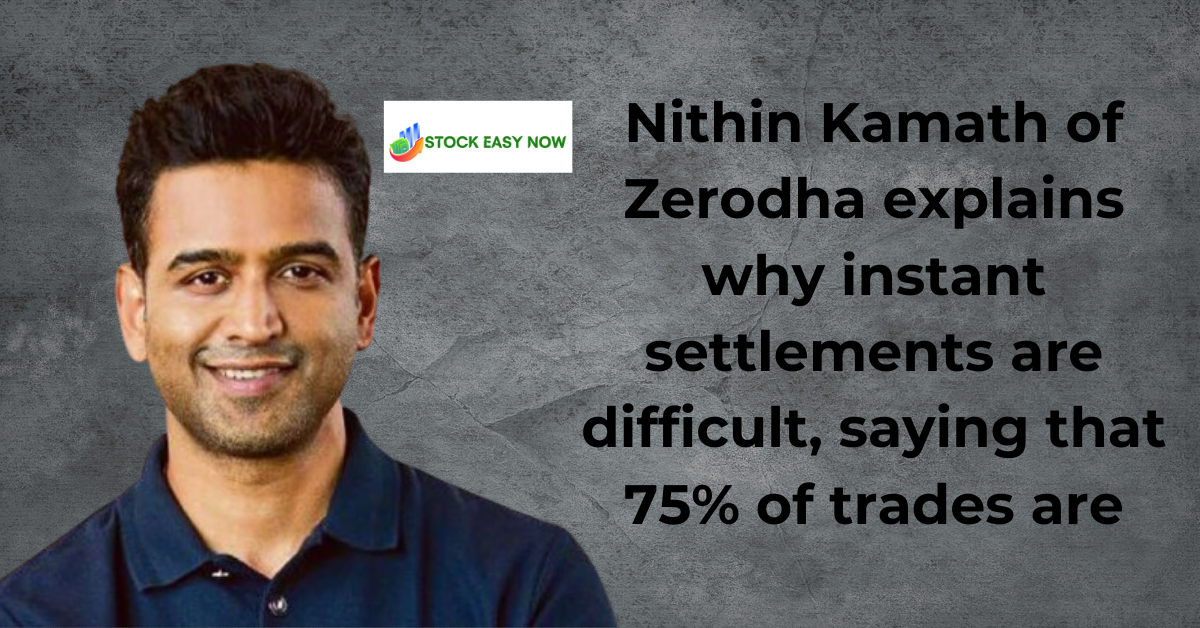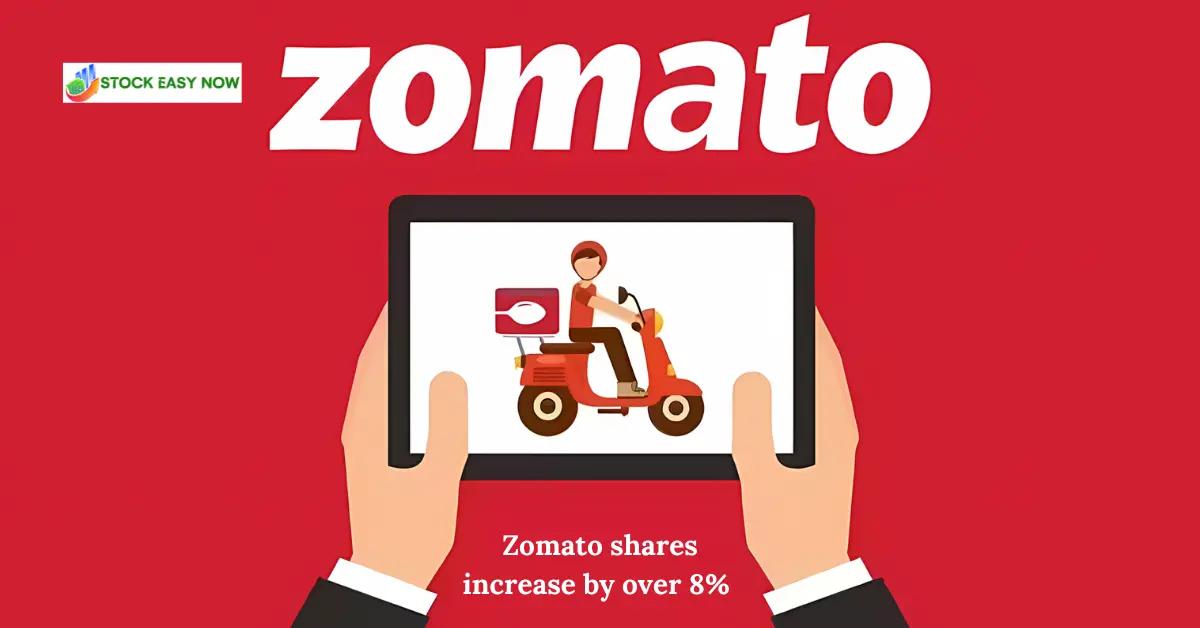Nithin Kamath: Thanks to SEBI’s progressive legislation, US markets made news last week when they switched to the T+1 settlement cycle, matching the one that Indian bourses implemented two years earlier.
This action has spurred conversations about instantaneous settlement, the next major development in the financial markets.
Nithin Kamath, co-founder of Zerodha, finds the transition not as straightforward. While shifting to T+1 is significant, moving to instant settlement is where things get tricky, Kamath expressed in a post on X. About 75% of trades are intraday speculative trades. These traders typically lack the cash or stocks for instant settlement.
There is a problem with this reality. Establishing a separate segment solely for delivery-based trades might seem like a solution, but it brings its own set of issues. The impact cost due to lower liquidity in a delivery-only segment would be quite high, Kamath pointed out. So, the market would need to carefully balance these factors.
Comparing this to the world of cryptocurrencies, Kamath highlights some key differences. In crypto exchanges, you need to borrow to short-sell, but once that’s done, you can hold the position indefinitely, he explains.
In Indian markets, however, short-selling equities are strictly confined to intraday activity.
Also Read: Maruti Suzuki
The transition to instant settlement remains a complex puzzle. Only time will tell how this transition will unfold, Kamath remarked, emphasizing the need for thoughtful consideration and strategic planning to adapt to these changes.
Disclaimer: Stockeasynow does not endorse the opinions or suggestions expressed above; rather, they represent the opinions of certain analysts, specialists, and broking firms. It is recommended that investors consult with qualified specialists before making any financial decisions.





